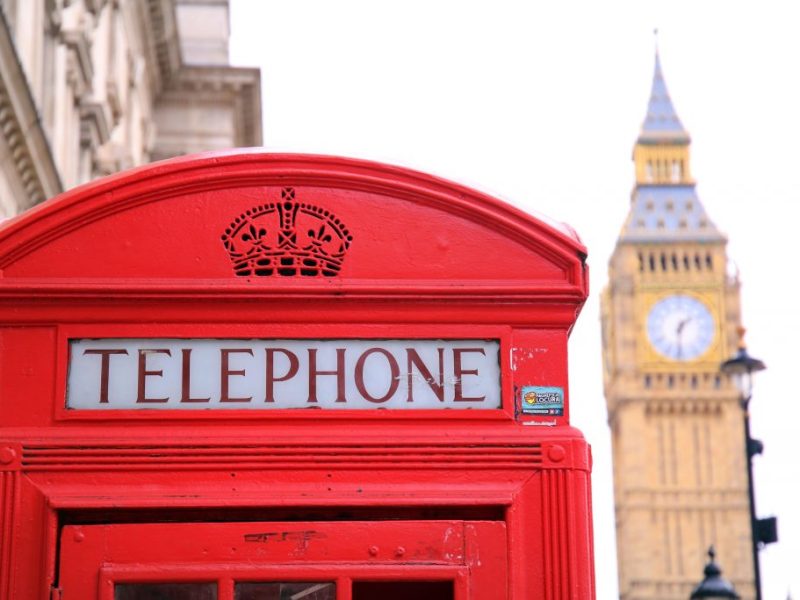Last May, Prince Harry, fifth in line to the British throne, married Meghan Markle, an American actress and activist.
The event captivated millions upon millions of people for several weeks, and many of them journeyed to Wikipedia to read the encyclopedia’s curated content about the British monarchy, the wedding plans, and the people involved. Unfortunately, one person they weren’t able to read much about on Wikipedia until three days before the wedding was Doria Ragland, Markle’s mother, who had recently become the subject of news articles in the weeks leading up to the wedding.
You might be forgiven for thinking that the English Wikipedia would have had an article on Ragland. After all, it’s the largest encyclopedia in the history of the world. But the site is built on the contributions from hundreds of thousands of volunteer editors, each of whom donates their time to write about general interest educational material for fun, and it has strict “notability” standards which lay out specific requirements that have to be met before someone can have a Wikipedia article about them.*
This is where Wikipedia editor and AfroCROWD member Linda Fletcher comes in. Fletcher, who like so many others had come to Wikipedia to learn more about the royal wedding, believed that Ragland met those notability standards and resolved to fix the content gap. Motivated by what she calls the “enduring relationship” between Markle and Ragland, Fletcher was excited that the research required for writing a Wikipedia article would lead to her learning a great deal more about both of them.
On 16 May, Fletcher created a short entry about Ragland. Fifteen minutes later, another editor nominated her work for deletion, as they disagreed that Ragland was notable under Wikipedia’s definition.
Without intended irony, this is a feature of Wikipedia, not a bug. Articles on non-notable people are created every day, some with good intentions and others as high school pranks, and they are inevitably nominated for deletion. Volunteers then debate whether the nomination was correct, with the aim of coming to a consensus agreement.** Fletcher did not participate in the debate, telling me that “I knew that Doria Ragland was significant, and that in time she will become even more significant.”
In this case, the system worked. The article about Ragland was not deleted, but her high profile meant that it was a stressful and heated affair, with 84 editors weighing in over five days. Some jumped in to help bolster the article Fletcher created, adding hundreds of words, sourced with citations to sources with a reputation for fact checking and accuracy. Today, the article is nearly 450 words long, and was viewed over two million times in the month of May, making it one of the most popular articles on the site.
For her part, Fletcher is still keeping an eye out for new news articles about Ragland and her daughter, but has moved back into her usual pattern of identifying content gaps and creating new articles, whether they’re jazz musicians, the founder of permaculture in Ghana, historical sites in Harlem, and more.
Want to join? Here’s how.
Ed Erhart, Senior Editorial Associate, Communications
Wikimedia Foundation
*These standards can put women and non-Western people at a disadvantage, and indeed the English Wikipedia has a persistent gender gap and systemic bias in its content and contributors. A bit under 18% of the encyclopedia’s biographies are about women, whose place in the historical record has often been overshadowed, neglected, or simply omitted, and the majority of its geographically tied topics come from the United States and Europe.
**Here’s more information about the English Wikipedia’s deletion process.


